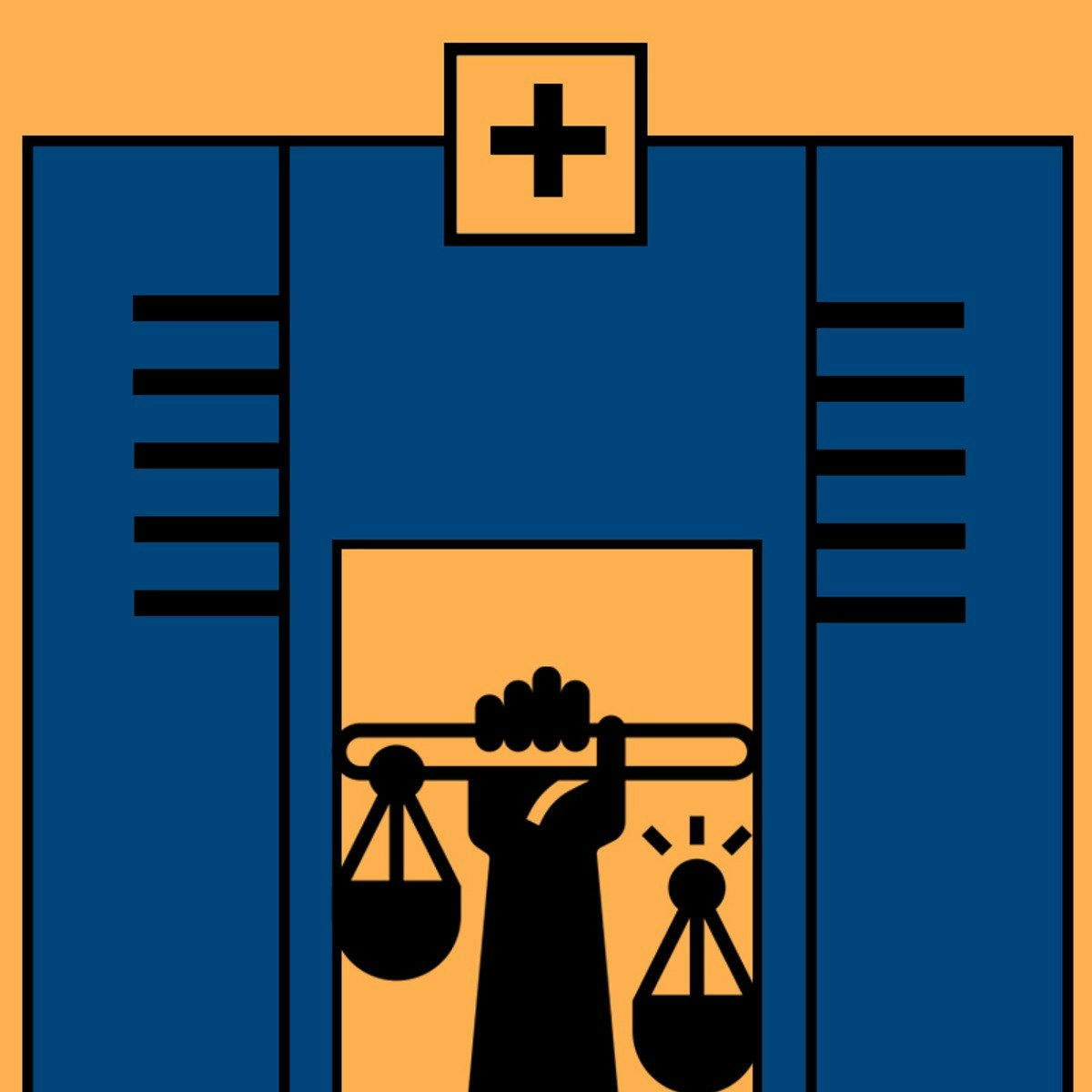
Bias in healthcare delivery leads to worse patient care and patient outcomes. Advancing Health Equity: A Guide for Reducing Bias in Healthcare provides you an interactive bias training that teaches skills applicable to addressing enhanced public health guidelines and approaching the work of health equity.
Read more
Bias in healthcare delivery leads to worse patient care and patient outcomes. Advancing Health Equity: A Guide for Reducing Bias in Healthcare provides you an interactive bias training that teaches skills applicable to addressing enhanced public health guidelines and approaching the work of health equity.
Bias in healthcare delivery leads to worse patient care and patient outcomes. Advancing Health Equity: A Guide for Reducing Bias in Healthcare provides you an interactive bias training that teaches skills applicable to addressing enhanced public health guidelines and approaching the work of health equity.
The racial and ethnic makeup of the United States is constantly shifting, and more specifically, becoming more diverse. Such changes require a more health equity-focused workforce and health equity-minded leadership. Bias training plays an essential role in leadership development, and it’s become imperative for all healthcare workers to recognize the foundational connection between biases and health care management and policy.
This course is designed to challenge your awareness, values, and actions on implicit and unconscious bias, and is intended to guide individuals hoping to contribute to this work in a healthcare context. The following core concepts form the basis of instruction and together offer an introductory perspective on this pressing topic: 1.) Community Orientation; 2.) Organizational Awareness; 3.) Professionalism; 4.) Accountability, Change Leadership, and Strategic Orientation.
An interactive 360-video experience allows you to engage in healthcare situations that center bias on multiple levels of our healthcare delivery systems. You will be prompted to consider multiple perspectives and roles, and use empathy to analyze bias and take action.
What's inside
Syllabus
Community Orientation
Community Orientation is the ability to align one’s own and the organization’s priorities with the needs and values of the community, including its cultural and ethnocentric values and to move health forward in line with population-based wellness needs and national health agenda.
Read more
Syllabus
Good to know
Save this course
Activities
Review key concepts related to diversity, equity, and inclusion
Show steps
Strengthen your foundational understanding to build upon throughout the course.
Browse courses on
Diversity and Inclusion
Show steps
-
Review previous coursework or materials on diversity, equity, and inclusion
Explore online resources for addressing bias in healthcare
Show steps
Develop an understanding of various approaches to reducing bias and promoting fair healthcare practices.
Show steps
-
Access the Centers for Disease Control and Prevention (CDC) website on health equity
-
Review the Agency for Healthcare Research and Quality (AHRQ) toolkit on reducing bias
Show all two activities
Review key concepts related to diversity, equity, and inclusion
Show steps
Strengthen your foundational understanding to build upon throughout the course.
Browse courses on
Diversity and Inclusion
Show steps
- Review previous coursework or materials on diversity, equity, and inclusion
Explore online resources for addressing bias in healthcare
Show steps
Develop an understanding of various approaches to reducing bias and promoting fair healthcare practices.
Show steps
- Access the Centers for Disease Control and Prevention (CDC) website on health equity
- Review the Agency for Healthcare Research and Quality (AHRQ) toolkit on reducing bias
Career center
Community Health Worker
Health Educator
Public Health Nurse
Social Worker
Health Policy Analyst
Healthcare Administrator
Physician
Nurse
Health Information Manager
Medical Assistant
Pharmacy Technician
Dental Hygienist
Medical Laboratory Technician
Veterinarian
Chiropractor
Reading list
Share
Similar courses
OpenCourser helps millions of learners each year. People visit us to learn workspace skills, ace their exams, and nurture their curiosity.
Our extensive catalog contains over 50,000 courses and twice as many books. Browse by search, by topic, or even by career interests. We'll match you to the right resources quickly.
Find this site helpful? Tell a friend about us.
We're supported by our community of learners. When you purchase or subscribe to courses and programs or purchase books, we may earn a commission from our partners.
Your purchases help us maintain our catalog and keep our servers humming without ads.
Thank you for supporting OpenCourser.



